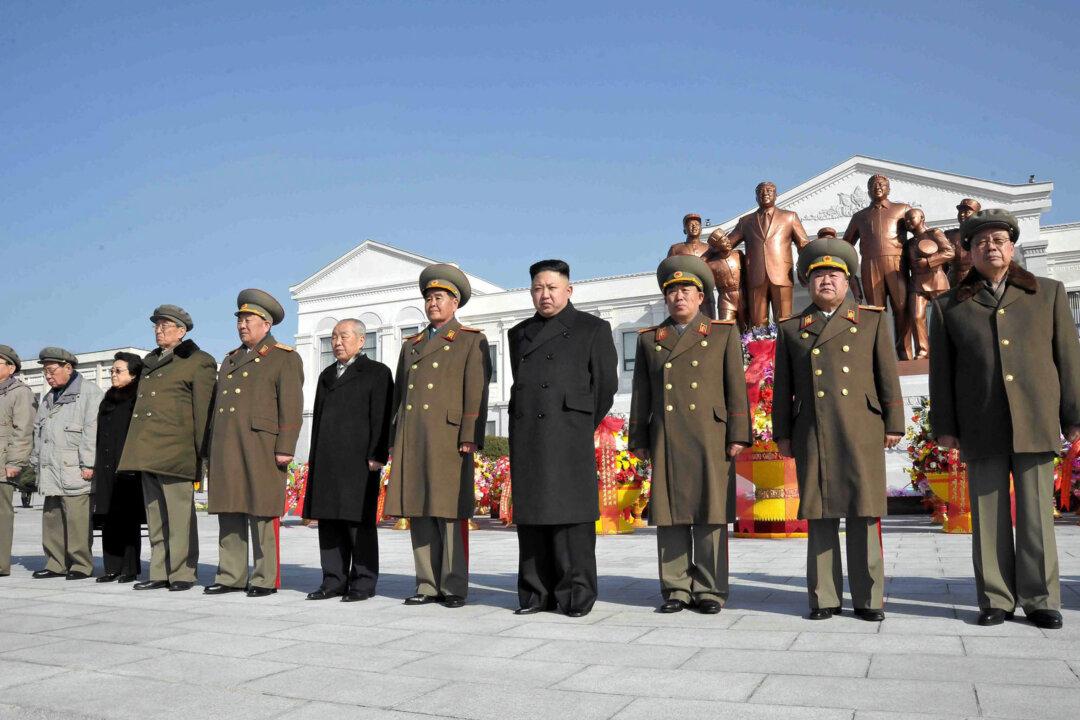In June of 2015, North Korea was reported to be suffering its “worst drought in 100 years.” Indeed, the country has suffered widespread food shortage since the early 1990s, when an estimated 5 percent of its population died of starvation and related diseases.
The situation remains dire. According to the World Development Indicators, 15.2 percent of North Korean children under the age of 5 were underweight in 2012. The United Nations Office for the Coordination of Humanitarian Affairs reported in 2015 that the chronic malnutrition rate among children under 5 years of age was 28 percent.
This long-term food shortage aggravates health conditions. Insufficient nutrition leads to weakening of the immune system, making North Koreans more susceptible to infections, such as tuberculosis (TB). According to the North Korean Humanitarian Needs and Priorities 2015 Report, TB is a major public health problem.
Two thousand five hundred North Koreans die annually from this fatal infectious disease. The prevalence and incidence of TB in North Korea for 2011 are about three times larger than in South Korea.
Even worse, it is estimated that the spread of multidrug-resistant tuberculosis (MDR-TB), which is more difficult to treat than traditional TB, is much more advanced than previously assumed. North Korea does not have a health system for treating diseases like MDR-TB. North Korea had a comprehensive free health care system from the late 1960s until it broke down during the economic crisis of the 1990s.
The World Health Organization (WHO) concluded there is a 60-percent shortage in providing vital medicines to vulnerable populations. It is estimated that only 1 percent of the population in North Korea receives proper free medical service.

